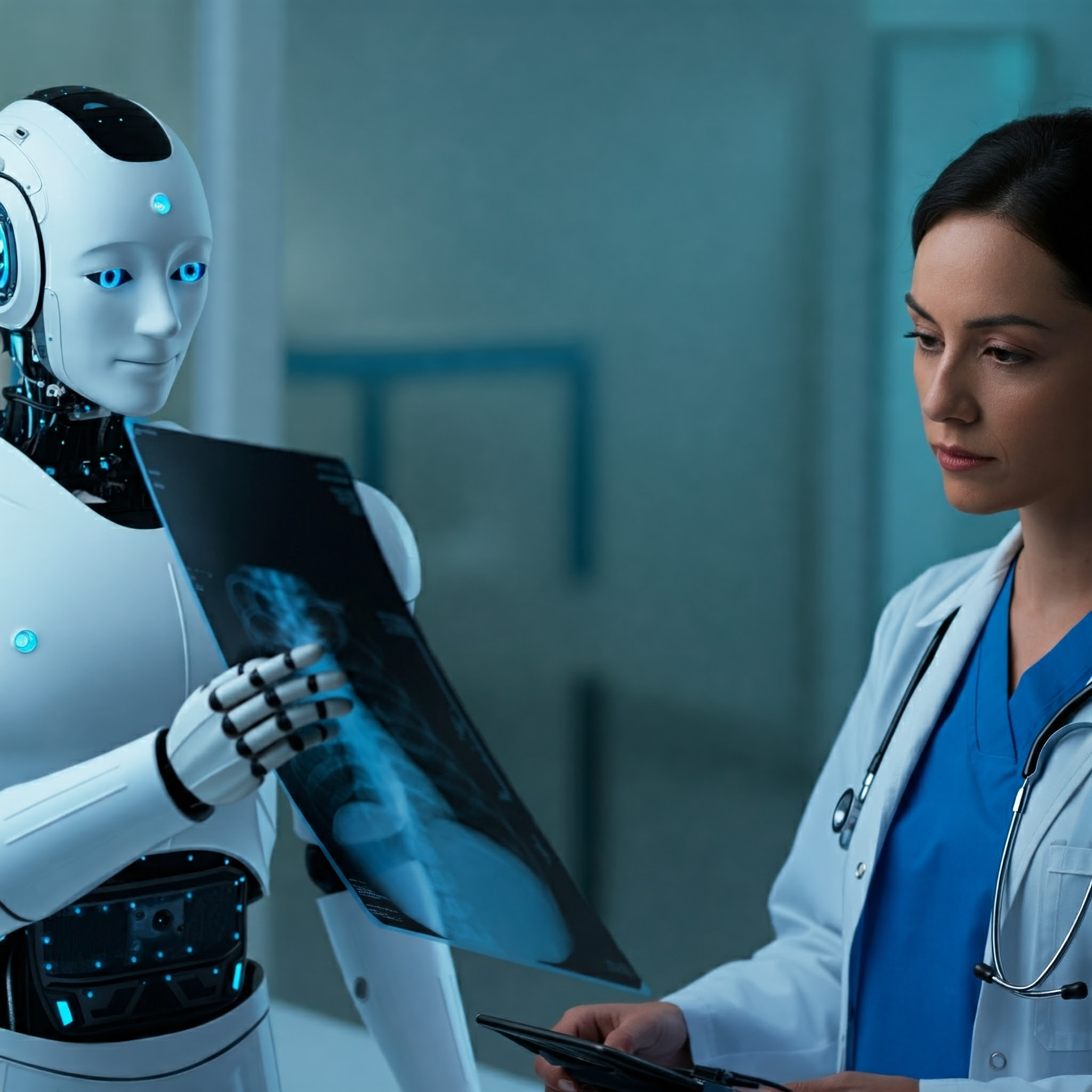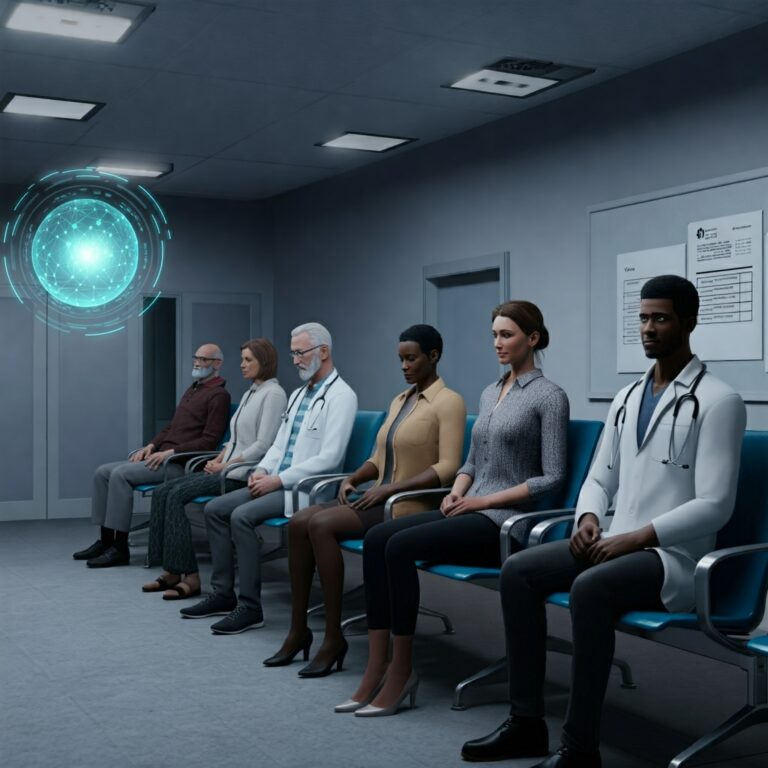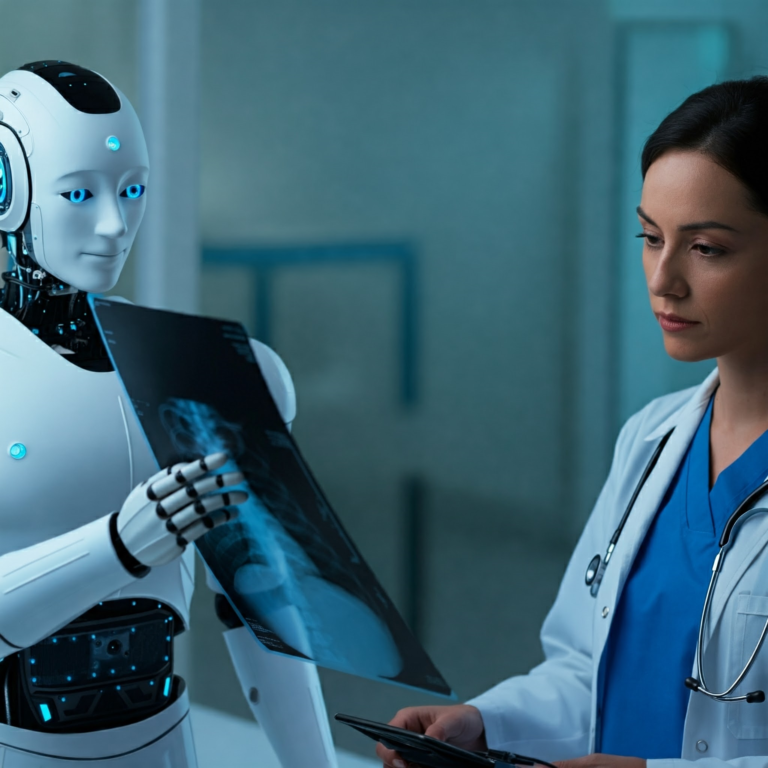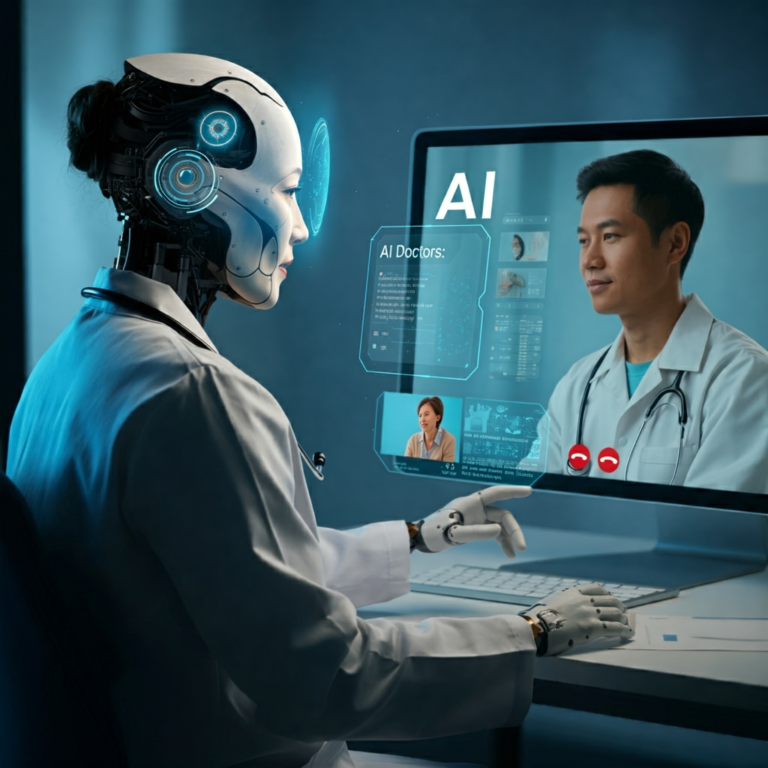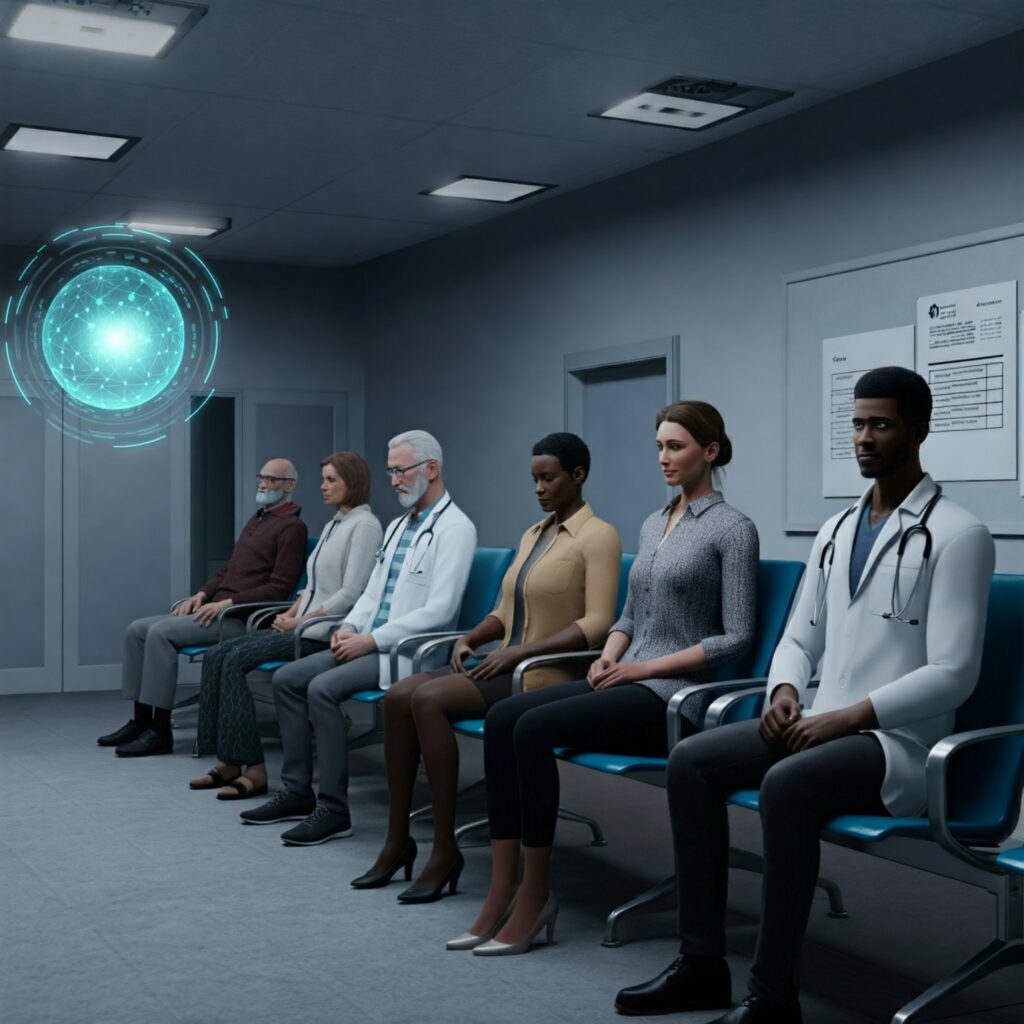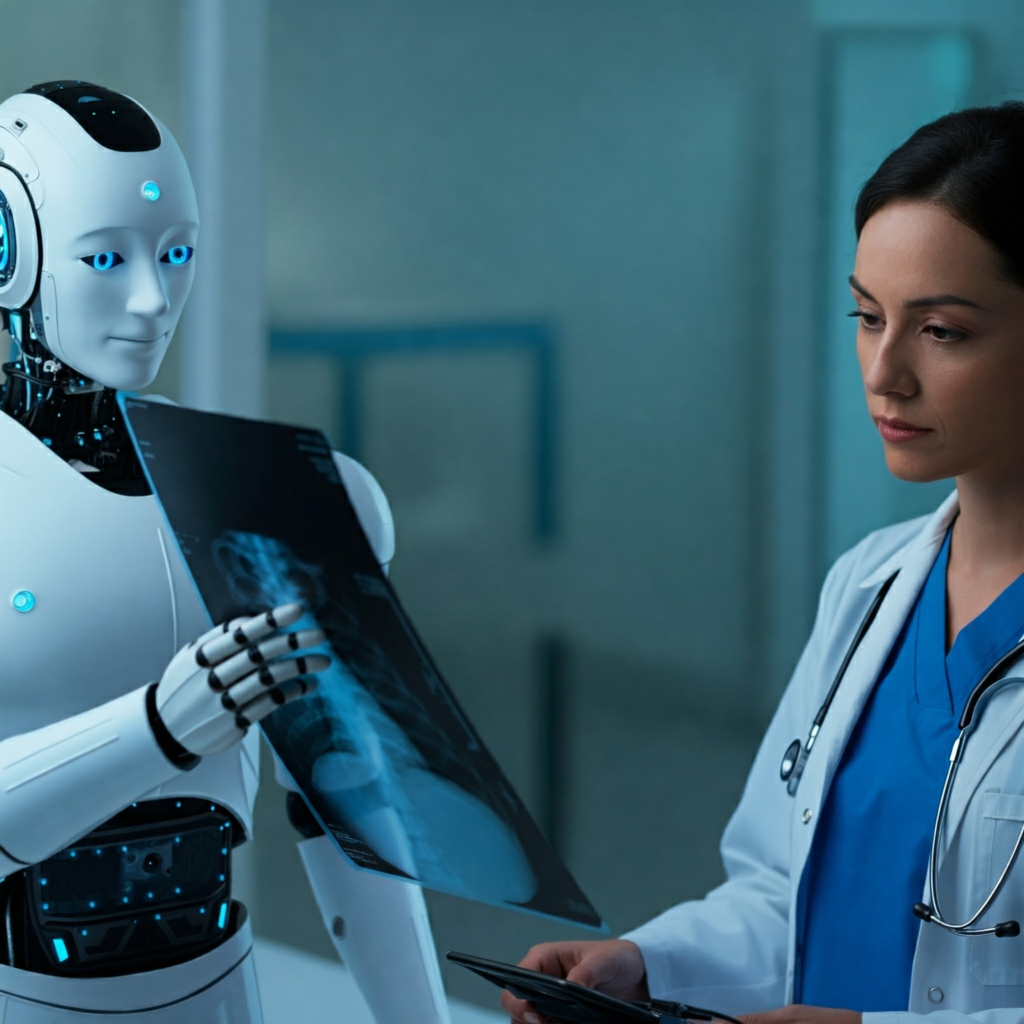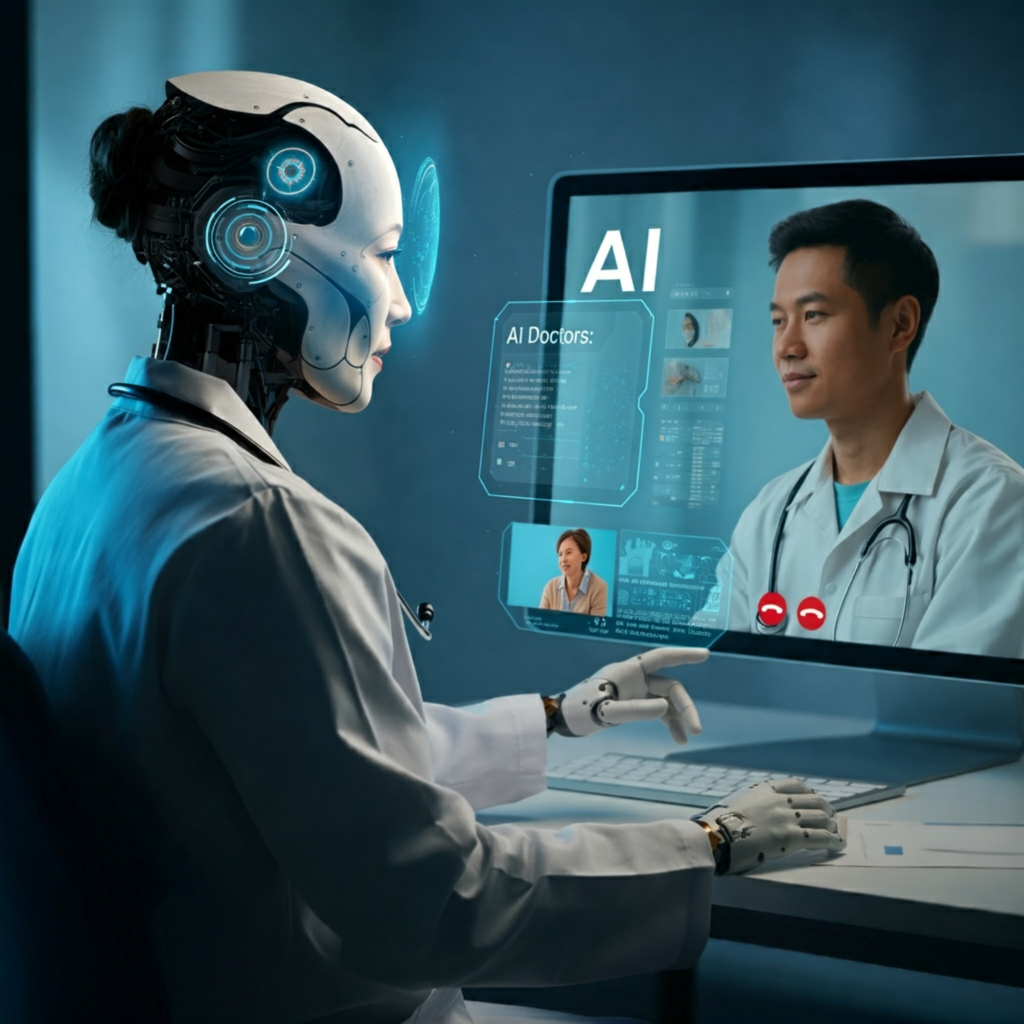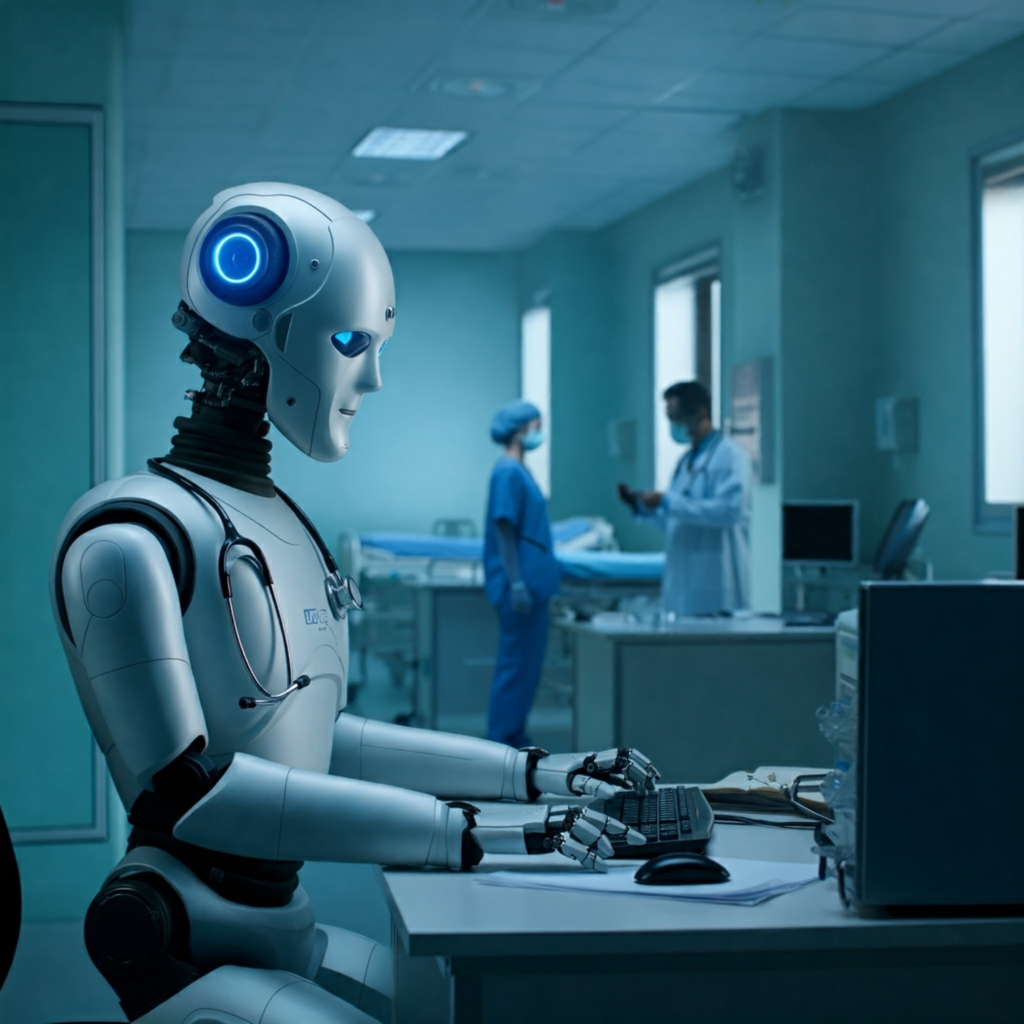AI Doctors: Are Human Physicians Becoming Obsolete?
The rise of artificial intelligence (AI) is transforming industries across the board, and healthcare is no exception. From diagnosing diseases to personalizing treatment plans, AI is poised to revolutionize how we approach medicine. But does this mean human doctors are on their way out? This article dives into the evolving landscape of telemedicine, exploring the role of AI and its potential impact on the future of healthcare. We’ll examine whether AI doctors are a threat to human physicians or a powerful tool that can enhance their capabilities. Ultimately, we’ll argue that while AI has a significant role to play, human physicians remain indispensable, at least for the foreseeable future.
(1) Virtual Assistants and Chatbots: The Current State of AI in Telemedicine
Telemedicine has exploded in recent years, driven by the need for accessible and convenient healthcare. Within this rapidly growing sector, AI-powered virtual assistants and chatbots are playing an increasingly important role. These tools are designed to improve patient engagement and provide basic healthcare information through conversational interfaces.
Currently, AI chatbots are primarily used for:
- Triage and symptom checking: Patients can describe their symptoms to a chatbot, which uses algorithms to assess the urgency and potential causes. This can help direct patients to the appropriate level of care, reducing unnecessary emergency room visits.
- Appointment scheduling and medication reminders: Chatbots can streamline administrative tasks, freeing up staff and improving patient adherence to treatment plans.
- Providing basic health information: Chatbots can answer frequently asked questions about various health topics, offering patients readily accessible information.
- Mental health support: AI-powered chatbots can provide basic mental health support, offering coping mechanisms and resources to individuals struggling with anxiety, depression, or other mental health challenges.
However, the current state of AI in telemedicine faces several challenges:
- Data privacy and security: Protecting patient data is paramount. Robust security measures are essential to ensure the confidentiality of sensitive health information.
- Accuracy and reliability: AI algorithms need to be rigorously tested and validated to ensure they provide accurate and reliable information. Misdiagnosis or incorrect advice could have serious consequences.
- Lack of human interaction: While chatbots can be convenient, many patients still prefer the empathy and personal touch of a human physician.
- Integration with existing healthcare systems: Seamless integration with electronic health records and other healthcare systems is crucial for widespread adoption.
Despite these challenges, the opportunities are vast. As AI technology continues to evolve, we can expect to see more sophisticated applications emerge, such as personalized health coaching, remote patient monitoring, and even AI-assisted surgery.
(2) Key Insights and Analysis: The Deep Dive into AI’s Impact
AI is transforming the healthcare industry in profound ways. One key area is diagnostics. AI algorithms can analyze medical images (X-rays, CT scans, etc.) with remarkable accuracy, often exceeding human capabilities in detecting subtle anomalies. This can lead to earlier and more accurate diagnoses, improving patient outcomes. Another area is drug discovery. AI can accelerate the process of identifying potential drug candidates, significantly reducing the time and cost associated with traditional drug development. Furthermore, AI is playing a crucial role in personalizing treatment plans. By analyzing patient data, AI can tailor treatments to individual needs and preferences, leading to more effective and targeted interventions.

(3) Outlook and Predictions: The Future of Telemedicine and AI Integration
The future of telemedicine is bright, and AI will play a central role in shaping that future. We can expect to see:
- Increased adoption of remote patient monitoring: Wearable sensors and other connected devices will enable continuous monitoring of vital signs, allowing for early detection of potential problems.
- Expansion of AI-powered diagnostics: AI algorithms will become even more sophisticated, enabling faster and more accurate diagnoses across a wider range of conditions.
- Growth of virtual reality and augmented reality in telemedicine: These technologies can create immersive experiences that enhance patient education and training, as well as facilitate remote consultations and procedures.
To navigate this evolving landscape, healthcare providers should:
- Invest in AI training and education: Equipping healthcare professionals with the skills and knowledge to effectively utilize AI tools is crucial.
- Prioritize data security and privacy: Implementing robust security measures to protect patient data is paramount.
- Focus on patient-centered care: While AI can enhance healthcare delivery, it’s essential to maintain a focus on the human element and ensure patients feel heard and understood.
(4) Conclusion: The Human Element Remains Essential
AI is transforming healthcare in remarkable ways, but it’s unlikely to replace human physicians entirely. The empathy, critical thinking, and complex decision-making skills of human doctors remain invaluable. While AI can augment and enhance the capabilities of physicians, the human touch remains essential for providing holistic and compassionate care.
(5) Case Study: Babylon Health
Babylon Health is a UK-based digital healthcare company that utilizes AI to provide accessible and affordable healthcare services. Their platform offers AI-powered symptom checking, virtual consultations with doctors, and personalized health assessments. Babylon Health’s success demonstrates the potential of AI to enhance healthcare delivery and improve patient access.
(6) Interview Excerpts (Example)
“[AI] is not going to replace doctors. It’s going to augment them and make them better at what they do.” – Eric Topol, Cardiologist and Author.
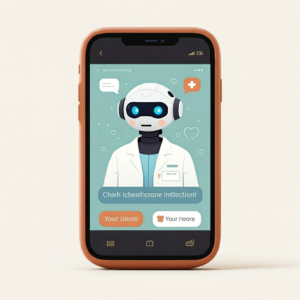
(7) Questions for Readers
- How do you envision AI impacting your own healthcare experiences in the future?
- What are your biggest concerns or hopes regarding the use of AI in medicine?

